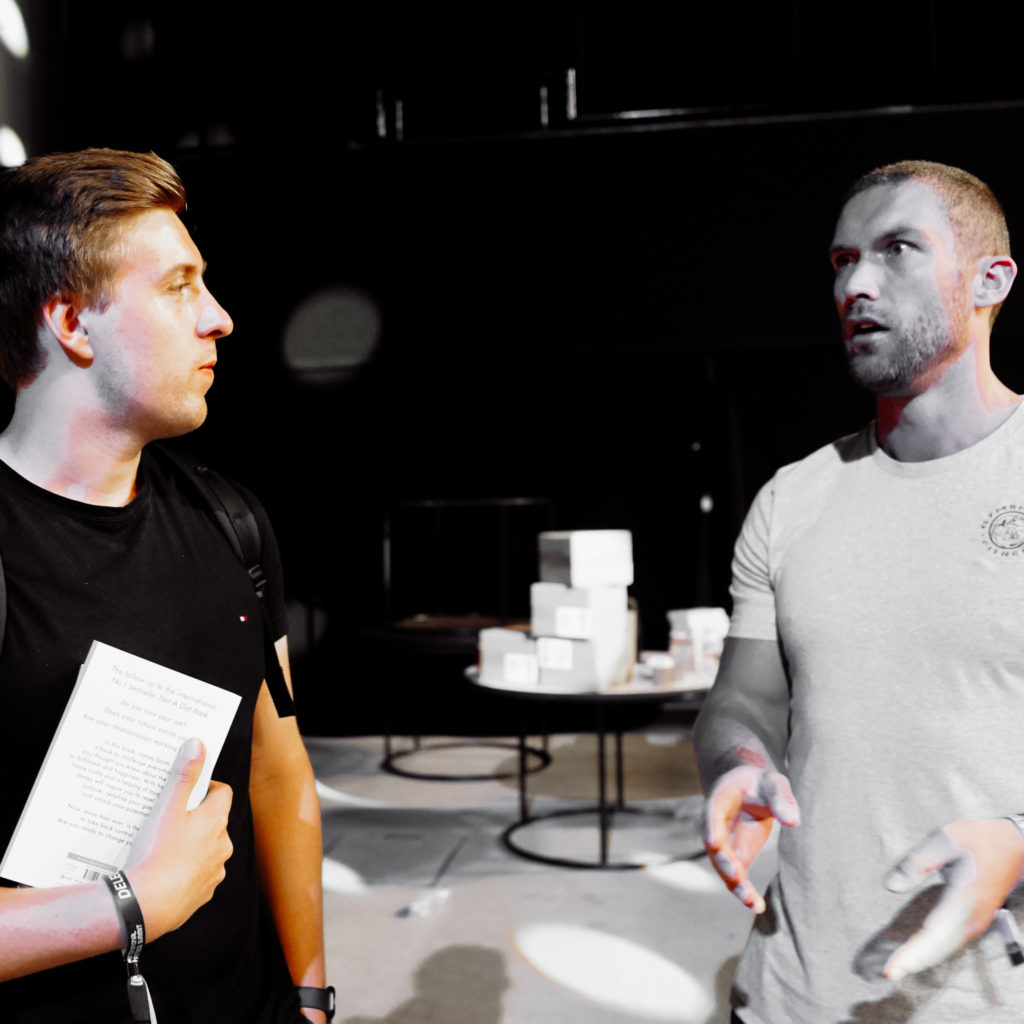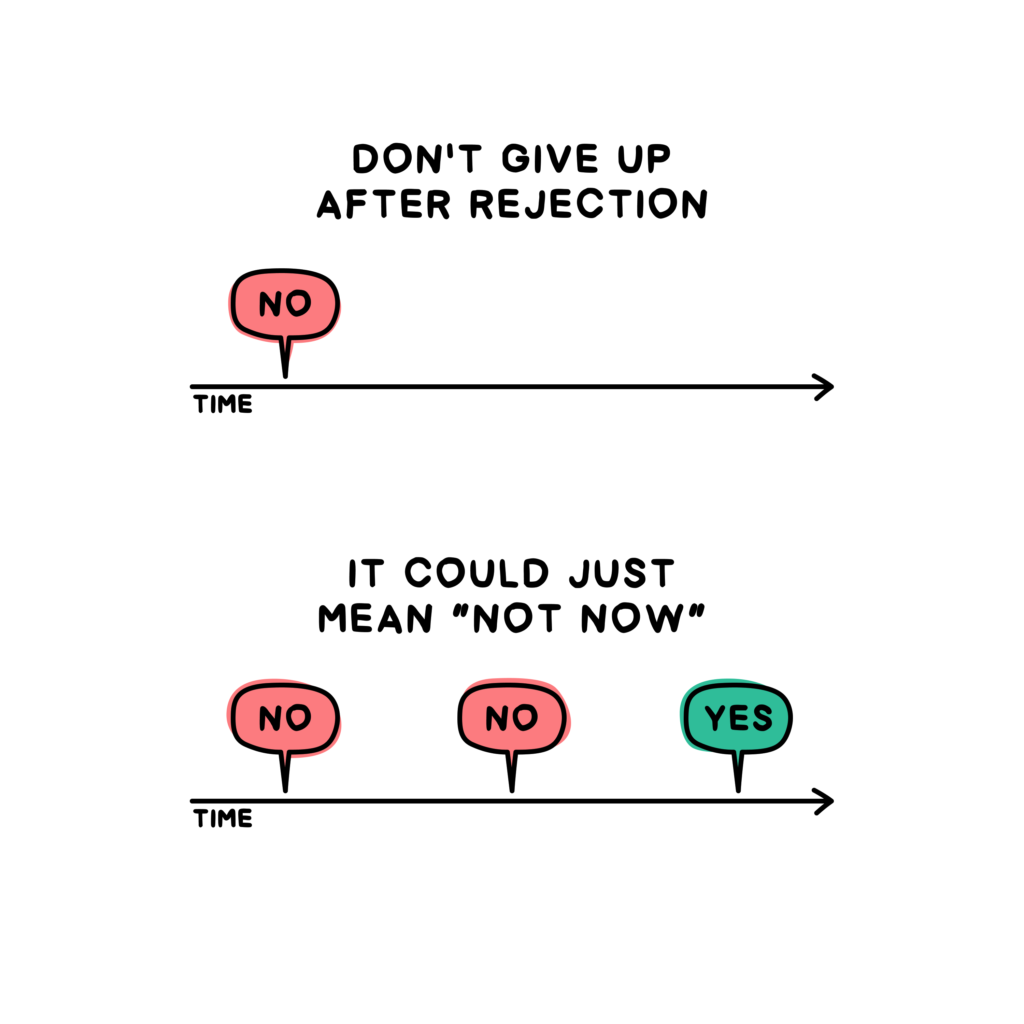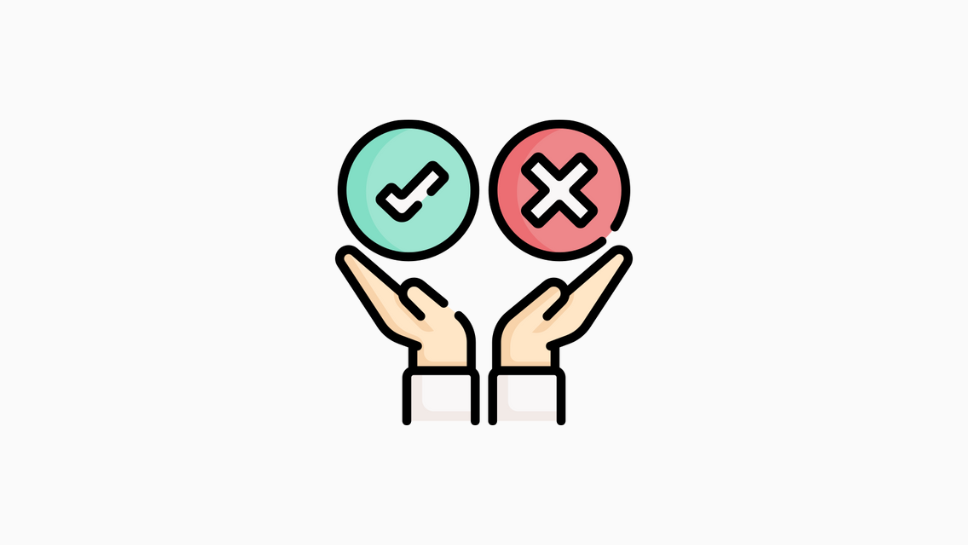I had a chat with Chris Williamson the other day and he said something pretty interesting to me:
“The easiest way to make any decision is to ask yourself: What would you tomorrow want you today to do?”

I really liked the simplicity of this decision making framework.
After all, it’s so easy to overthink and overcomplicate the choices we make in life. We struggle to decide whether or not to eat a chocolate bar, what job we want, and where we should go on holiday.
But, these decisions are often a lot less difficult when we think about what would result in the happiest, healthiest, and most fulfilled version of ourself.
Chris referred to this decision-making framework as ‘the decision lens’.
Essentially, decisions are far easier to make when everything we’re doing is being filtered through a single guiding question.
For example, Chris’ decision lens is ‘will this make me the world’s best podcaster?’.
My decision lens, which is arguably a little more cringe, is ‘will this make me a high-performer?’
Keeping this questions in mind make it so much easier to not eat the chocolate bar, write this newsletter, and go for a 20km run when I really don’t feel like it – because that’s what a high-performer would do.
The conversation also got me thinking about the other guiding principles I use when making decisions, so I thought I’d share them with you too:
The 51% Rule
The idea here is that we want to tip the balance in favour of action.
Rather than waiting for total certainty about a decision – which is rarely possible – I aim to gather enough information to be just over 50% sure of a decision.
This method avoids analysis paralysis and enables quicker decision-making. And 99% of the time it turns out to be the correct decision anyway.
For example, we can’t always know for sure whether job A is better than job B or whether our friend will appreciate present X over present Y, so there’s very little point spending time overthinking it.
Just aim to be 51% sure of your decision.
Type 1 vs Type 2 Decisions
Not all decisions are created equal. Some are type 1 decisions and some are type 2 decisions:
- Type 1 Decisions: These are irreversible and have significant impact.
- Type 2 Decisions: These are reversible and have less severe consequences.
Almost all the decisions we make in life are type 2 decisions: we can reverse course, change our minds, and mitigate the impact with relative ease.
Whether it’s picking a restaurant for dinner, choosing a Netflix series to binge-watch, or even taking on a project at work – these are decisions we can backpedal on without severe (or potentially any) consequences.
The reality is that we’re rarely trapped by the decisions we make.
If you don’t like your job, you can quit. If you don’t like your new phone, you can return it. If you are unhappy with your relationship, you can leave.
Most decisions are reversible.
Zero Sum Decisions
A zero-sum game is a situation in which one person or group can win something only by causing another person or group to lose it.
Similarly, a zero-sum decision is the idea that for one decision to be correct the other decision has to be wrong.
Zero-sum decisions aren’t that common.
For example, eating a chocolate bar may be the ‘unhealthy’ decision, but it may give us a much needed boost in happiness. Or quitting our job may be unwise financially, but it may also give us the opportunity to pursue something we find more fulfilling.
The point is, life is often more nuanced than simple zero-sum equations.
Many of the choices we make come with both upsides and downsides, creating a more complex decision-making landscape.
This means the only thing we can do is to make the best decision we can with the limited amount of information available to us. And to make that decision with confidence.
🎬 Latest Video
✍️ Article of the Week

When the Money’s Just Too Damn Good
“The three most harmful addictions are heroin, carbohydrates, and a monthly salary.”
― Nassim Nicholas Taleb
🙌 Weekly Favourites


